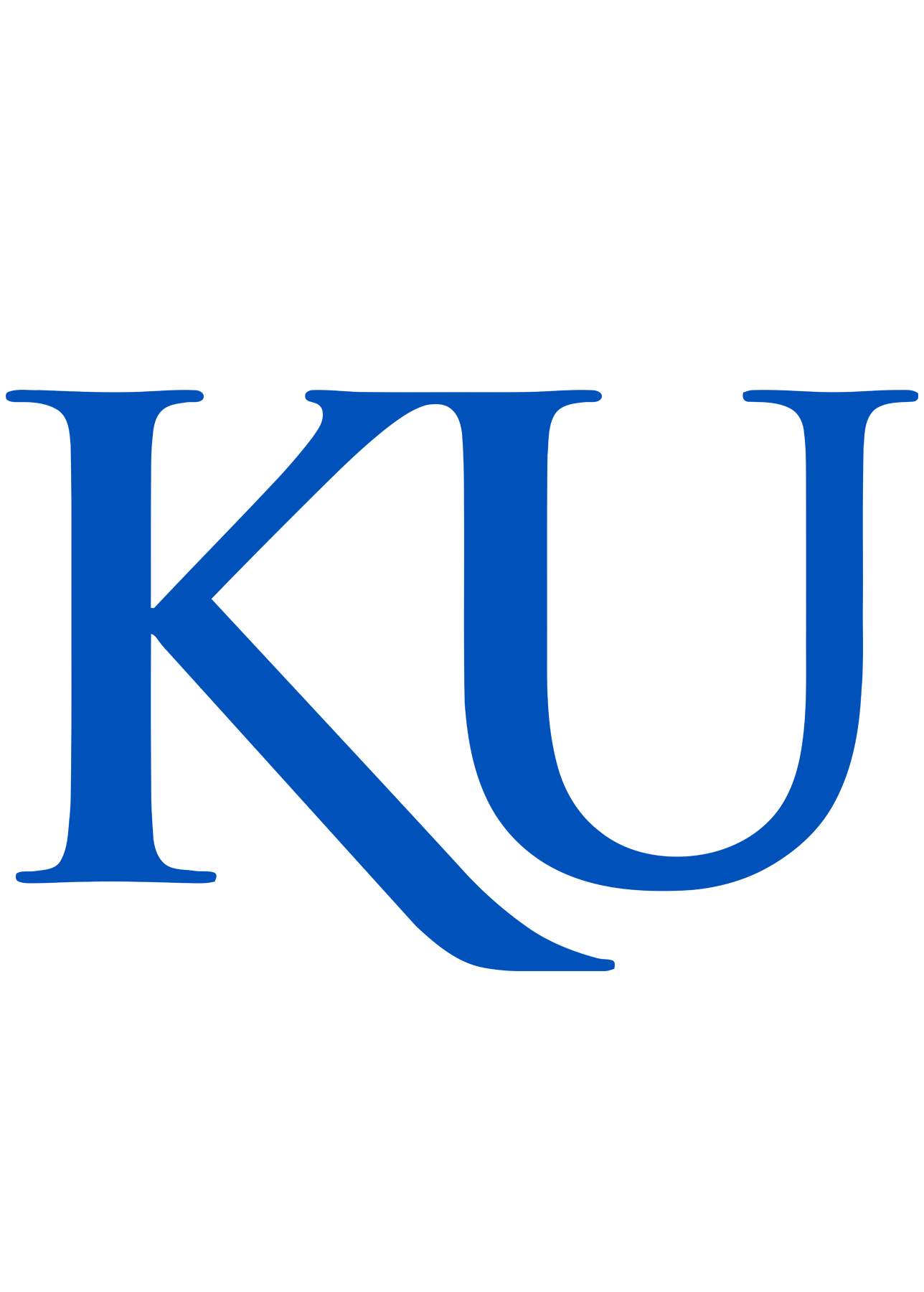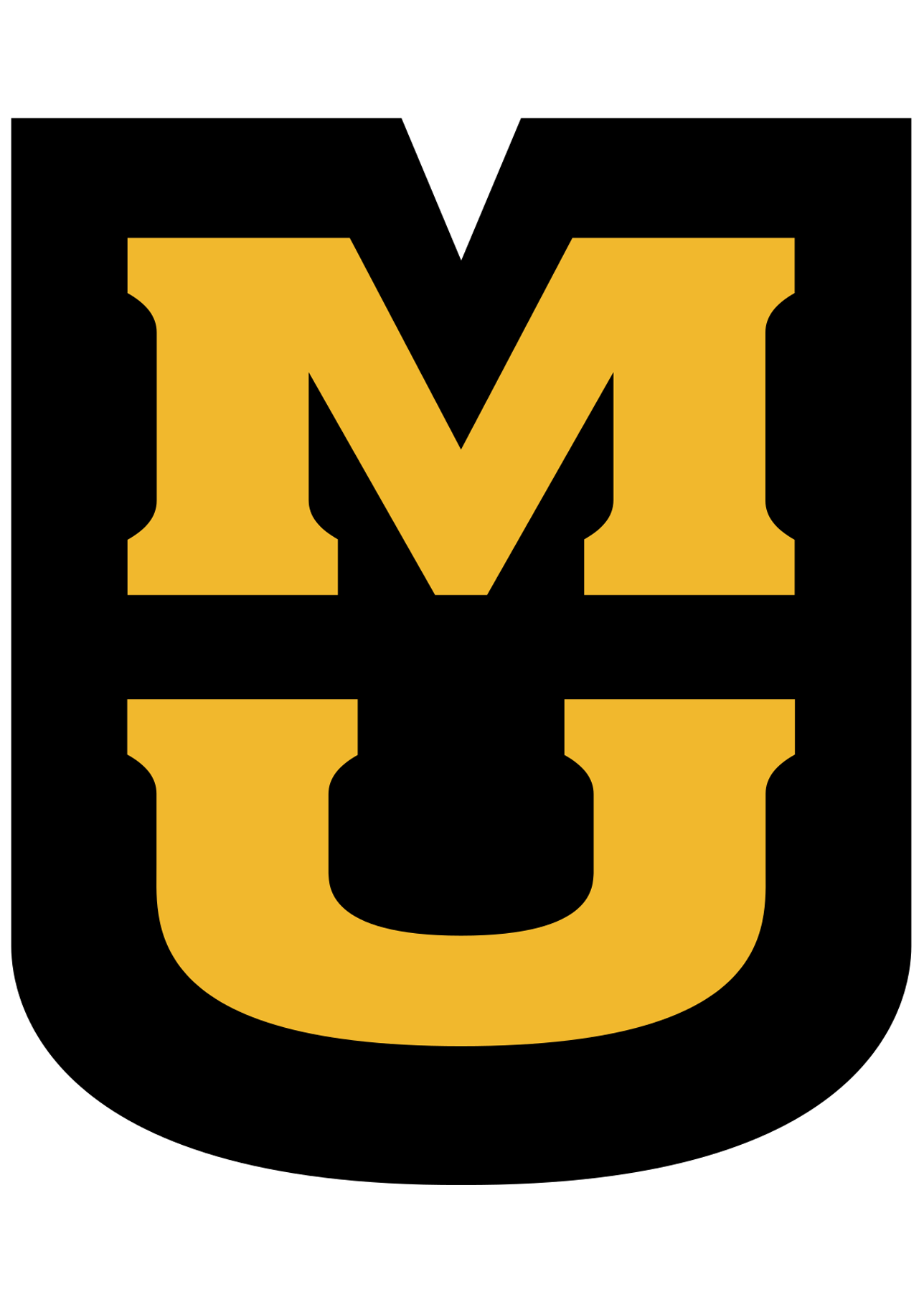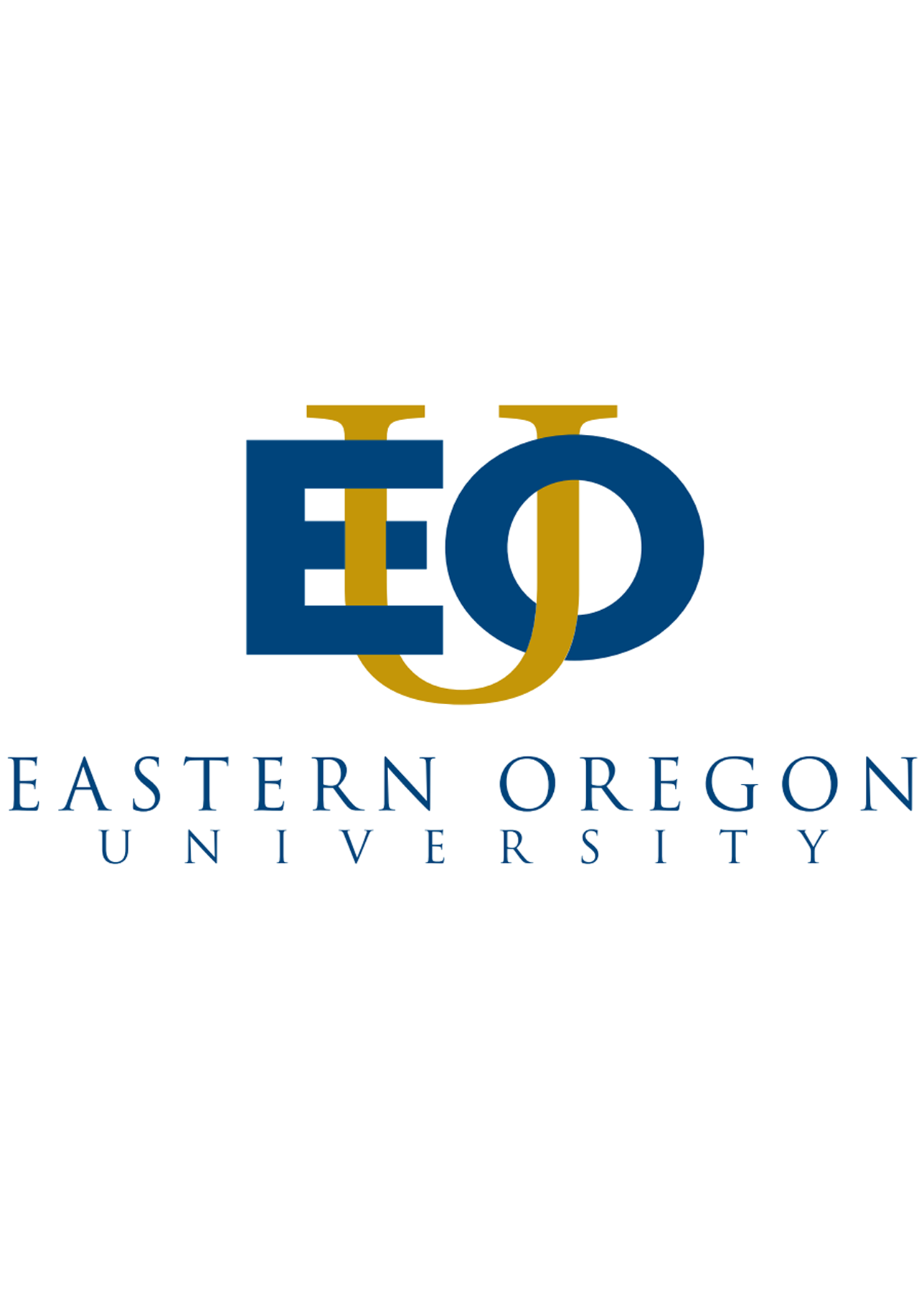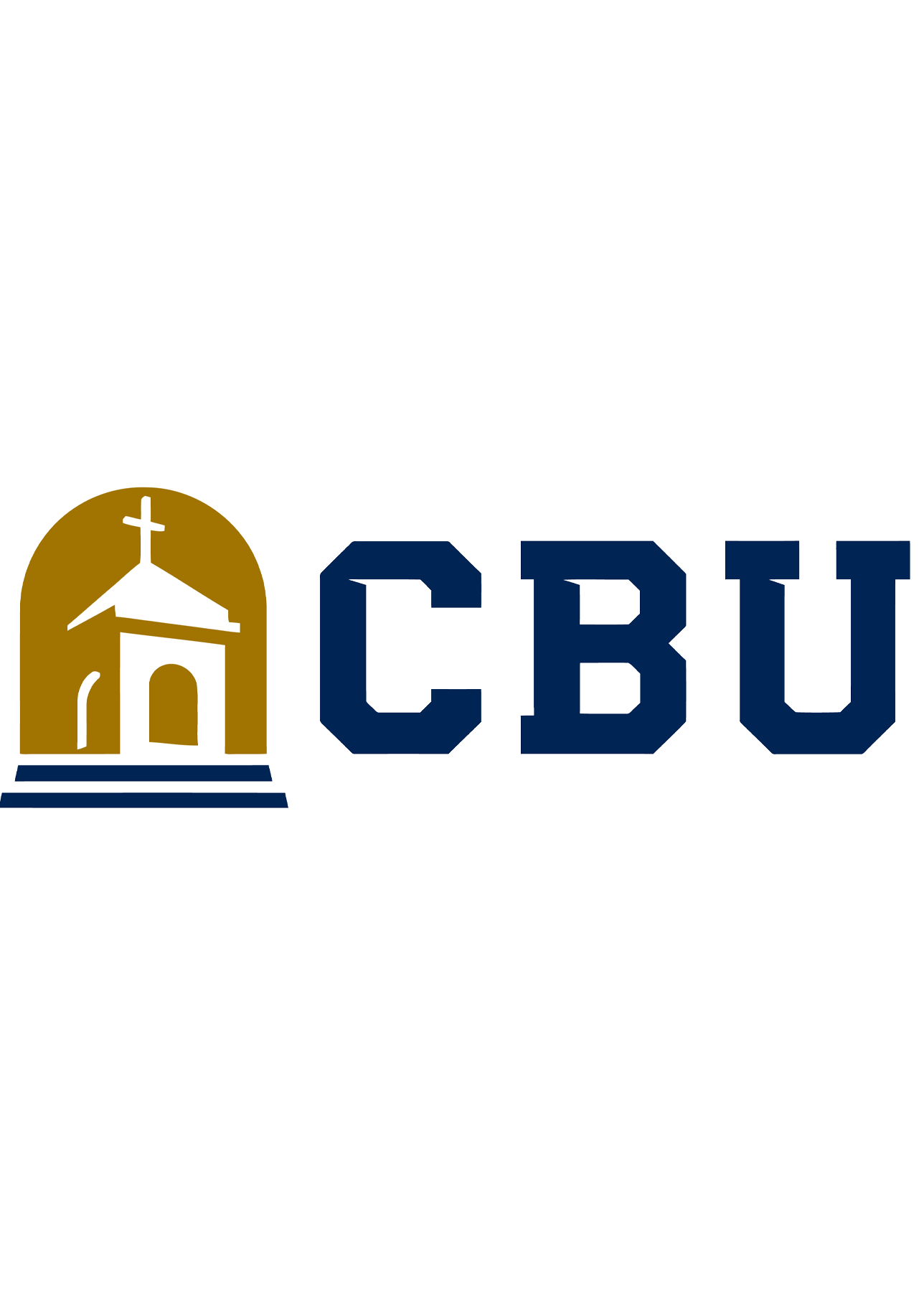A degree in sports medicine prepares students for careers dedicated to the prevention, diagnosis, and treatment of sports-related injuries. Graduates can pursue roles such as athletic trainer, exercise physiologist, and physical therapist. According to the Bureau of Labor Statistics, exercise physiologists earn a median annual salary of $54,860, while physical therapists, who may need additional education, make $99,710 per year.
Typically, completing an online bachelor’s degree in sports medicine takes about four years of full-time study, requiring around 120 credit hours. The cost varies, with public institutions averaging roughly $9,000 per year and private institutions costing an average of $28,000 per year, based on data from the National Center for Education Statistics.
Why Trust Us
The Intelligent.com Higher Education Team is dedicated to providing students with independent, equitable school and program rankings and well-researched resources. Our expert-driven articles cover topics related to online colleges and programs, paying for school, and career outlooks. We use data from the U.S. Department of Education’s College Scorecard, the National Center for Education Statistics, and other reputable educational and professional organizations. Our academic advisory team reviews content and verifies accuracy throughout the year for the most current information. Partnerships do not influence rankings or editorial decisions.
- Analyzed over 2,000 national, accredited, and nonprofit colleges and universities
- 800+ rankings pages are reviewed and updated yearly
- Content is informed by reputable sources, surveys, and interviews with academic advisors and other experts
- Over 100 data points are reviewed for accuracy and quality throughout the year, including sources
How we rank schools
Our list features the best online Sports Medicine degree programs at top colleges nationwide. Each school featured is a nonprofit, accredited institution — either public or private — with a high standard of academic quality for post-secondary institutions.
We evaluated each school’s program on tuition costs, admission, retention and graduation rates, faculty, reputation, and the student resources provided for online students. We collected data from trusted sources like the National Center for Education Statistics, individual school and program websites, school admissions counselors, and other data sources. Then, we calculated the Intelligent Score on a scale of 0 to 100 based on the following criterion:
Academic Quality:
- Admission rate versus enrollment rate
- Retention rate of students who return after year one
- Accreditation status (regional and programmatic)
- Nonprofit status, both private and public institutions
Graduation Rate
- Overall graduation rate
- Total number of currently enrolled students, including diversity metrics
- Student-to-faculty ratio
Cost and ROI
- In-state and out-of-state per-credit tuition rates and fees
- Required credits to graduate
- Earning potential after graduation
- Availability of federal student loans, scholarships, and other financial aid options
Student Resources
- Available student services for online-only and hybrid programs
- On-campus amenities like tutoring centers and the number of libraries
Read more about our ranking methodology.
Best 18 Accredited Online Sports Medicine Degree Programs
FiltersInstitution Type
Status
- Intelligent Score
- Alphabetically By University Name
- Acceptance Rate
- Enrollment
- In-state Graduate Tuition
- Out-of-state Graduate Tuition
- In-state Undergraduate Tuition
- Out-of-state Undergraduate Tuition

University of Florida
Intelligent Score: 99.05In-state: $4,477
Out-of-state: $25,694
In-state: $10,770
Out-of-state: $10,770
SAT: 1290-1460
ACT: 29-33
Resident: $112
Non-Resident: $500
Online
Southern Association of Colleges and Schools Commission on Colleges
120.0

University of Kansas
Intelligent Score: 97.53In-state: $10,092
Out-of-state: $26,960
In-state: $9,989
Out-of-state: $9,989
SAT: 1070-1320
ACT: 22-29
$485
Online, On-Campus
Higher Learning Commission
120

Ohio State University
Intelligent Score: 97.16In-state: $10,615
Out-of-state: $32,599
In-state: $11,560
Out-of-state: $11,560
SAT: 1210-1430
ACT: 26-32
$493
Online
Higher Learning Commission
120

University of Missouri
Intelligent Score: 96.75In-state: $9,330
Out-of-state: $27,612
In-state: $9,478
Out-of-state: $9,478
SAT: 1110-1320
ACT: 23-29
$617
Online
Higher Learning Commission
120

CSP Global
Intelligent Score: 96.57In-state: $32,660
Out-of-state: $32,660
In-state: $9,090
Out-of-state: $9,090
SAT: 990-1180
ACT: 19-25
$420
Online
Higher Learning Commission
120

Excelsior University
Intelligent Score: 95.74In-state: $26,790
Out-of-state: $26,790
In-state: $17,550
Out-of-state: $17,550
SAT: 1210
ACT: 27
$510
Online
Middle States Commission on Higher Education
120

Eastern Oregon University
Intelligent Score: 94.89In-state: $7,830
Out-of-state: $20,520
In-state: $17,550
Out-of-state: $17,550
SAT: N/A
ACT: N/A
$316
Online
Northwest Commission on Colleges and Universities
120

California Baptist University
Intelligent Score: 92.52In-state: $33,930
Out-of-state: $33,930
In-state: $13,410
Out-of-state: $13,410
SAT: 960-1150
ACT: 18-25
$520
Online
Western Association of Schools and Colleges Senior College and University Commission
124

Southern New Hampshire University
Intelligent Score: 91.32In-state: $9,600
Out-of-state: $9,600
In-state: $18,810
Out-of-state: $18,810
SAT: N/A
ACT: N/A
$330
Online
New England Commission of Higher Education
120

University of Louisiana at Lafayette
Intelligent Score: 89.87In-state: $5,407
Out-of-state: $19,135
In-state: $5,511
Out-of-state: $5,511
SAT: 1000-1210
ACT: 20-26
$380
Online
Southern Association of Colleges and Schools, Commission on Colleges
120

Arizona State University
Intelligent Score: 89.22In-state: $10,710
Out-of-state: $28,800
In-state: $11,720
Out-of-state: $11,720
SAT: 1100-1320
ACT: 21-28
$574
Online
Higher Learning Commission
120

Northern Kentucky University
Intelligent Score: 89.18In-state: $9,912
Out-of-state: $19,872
In-state: $11,034
Out-of-state: $11,034
SAT: 960-1190
ACT: 20-26
$275
Online
Southern Association of Colleges and Schools, Commission on Colleges
120

Pennsylvania Western University
Intelligent Score: 88.58In-state: $28,700
Out-of-state: $33,322
In-state: $31,723
Out-of-state: $31,723
SAT: 950 - 1070
ACT: 20 - 26
Resident: $322
Non-Resident: $328
Online
Middle States Commission on Higher Education
120.0

Maryville University
Intelligent Score: 87.73In-state: $24,766
Out-of-state: $24,766
In-state: $14,346
Out-of-state: $14,346
SAT: N/A
ACT: N/A
$540
Online
Higher Learning Commission
128

University of Wisconsin-Whitewater
Intelligent Score: 86.12In-state: $9,273
Out-of-state: $37,161
In-state: $10,728
Out-of-state: $10,728
SAT: 1260-1460
ACT: 27-32
Resident: $297
Non-Resident: $717
Online
Higher Learning Commission
120

Cameron University
Intelligent Score: 83.11In-state: $4,740
Out-of-state: $14,160
In-state: $3,564
Out-of-state: $3,564
SAT: N/A
ACT: N/A
Resident: $230
Non-Resident: $544
Online, On-Campus
Higher Learning Commission
124.0

United States Sports Academy
Intelligent Score: 82.99In-state: $38,484
Out-of-state: $38,484
In-state: $20,520
Out-of-state: $20,520
SAT: 1000 or higher
ACT: 20 or higher
$525
Online, On-Campus
Southern Association of Colleges and Schools, Commission on Colleges
120

Franklin University
Intelligent Score: 82.31In-state: $9,552
Out-of-state: $9,552
In-state: $16,080
Out-of-state: $16,080
SAT: N/A
ACT: N/A
$398
Online
Higher Learning Commission
120
How to Choose an Online Sports Medicine Degree Program
Choose your area of study
Identify your interests within sports medicine, such as athletic training, physical therapy or exercise science. Consider your strengths and passion for certain aspects of sports medicine. Research the various career opportunities and their requirements to understand what each field entails. Speak with professionals already working in the field to gain insights into day-to-day responsibilities and long-term career prospects. Evaluating your personal and professional goals will help you make an informed decision, ensuring that your chosen area of study aligns with your interests and future aspirations.
Research schools and programs
Identify accredited institutions that offer robust sports medicine programs. Accreditation by an organization such as the Commission on Accreditation of Athletic Training Education (CAATE) ensures the program meets industry standards and can significantly impact your career opportunities. Look into the curriculum to ensure it covers key areas like kinesiology, anatomy, and rehabilitation. Evaluate faculty qualifications, as experienced instructors enhance your learning experience. Check if the program offers hands-on opportunities, such as internships or virtual labs. Review alumni success stories and job placement rates. Lastly, consider program costs, available financial aid, and flexibility to accommodate your schedule.
Prepare for tests and applications
Research the specific requirements of each program, such as standardized tests (SAT or ACT, for example) and prerequisite courses. Allocate ample time to study for these tests, using practice exams and study guides to improve your scores. Gather necessary application materials, including transcripts, letters of recommendation, and a personal statement. Tailor your personal statement to highlight your passion for sports medicine, any relevant experience, and career aspirations. Meet application deadlines and ensure all documents are submitted accurately.
Select your program
Compare potential programs based on accreditation, curriculum, faculty expertise, and available resources. Ensure the program aligns with your career goals, whether you aim to become an athletic trainer, exercise physiologist, physical therapist, or another related profession. Consider program flexibility, especially if you must balance your studies with other commitments. A program with asynchronous courses may be a good choice if you have significant personal or professional obligations. Evaluate support services, such as academic advising and career counseling, as well as internship opportunities. Check alumni success and job placement rates to gauge the program’s effectiveness. Additionally, assess the cost and available financial aid options.
Determine how you’ll pay for your degree
Start by filling out the Free Application for Federal Student Aid (FAFSA) to determine your eligibility for federal financial aid, including grants, loans, and work-study programs. Research scholarships specific to sports medicine or healthcare fields, which are offered by universities, private organizations, and professional associations. Consider state grants and tuition reimbursement programs if you’re already employed in a related field. Look into flexible payment plans offered by institutions, which can ease the financial burden. Make sure you are comparing the overall cost of programs, including tuition, fees, and materials.
What Can You Expect From an Online Sports Medicine Degree Program?
An online sports medicine degree program equips students with the knowledge and skills to excel in various roles within the sports and health industry. Expect to learn foundational topics such as anatomy, physiology, kinesiology, and biomechanics. Courses may also cover injury prevention, treatment strategies, rehabilitation techniques, and nutrition. Many programs include modules on exercise physiology, sports psychology, and strength and conditioning.
Typically, it takes about four years of full-time study to complete a bachelor’s degree in sports medicine, requiring around 120 credit hours. Part-time options are available, extending the program duration. Some online programs might necessitate in-person components, such as lab sessions, clinical internships, or residencies.
Students should be prepared for rigorous coursework, involving both theoretical and practical aspects of sports medicine. Participation in online discussions, group projects, and virtual simulations is often required. Most programs offer support services such as academic advising, career counseling, and access to online libraries.
Potential courses you’ll take in an online sports medicine degree program
- Anatomy and Physiology. Provides a comprehensive understanding of the human body’s structure and function. Students learn about the musculoskeletal, cardiovascular, and nervous systems — this knowledge is essential for diagnosing and treating sports-related injuries.
- Kinesiology. Focuses on the mechanics of body movement. Students study how muscles, bones, and joints work together to produce motion, which is critical for developing effective rehabilitation and training programs.
- Sports Injury Prevention and Management. Covers the principles of preventing, assessing and managing sports injuries. Students learn techniques for injury evaluation, emergency care, and rehabilitation strategies to ensure athletes’ safety and recovery.
- Exercise Physiology. Explores how physical activity affects the body’s systems, including the study of metabolic responses, cardiovascular adaptations, and muscle physiology, providing a foundation for developing fitness and conditioning programs.
- Nutrition for Sports and Exercise. Examines the role of nutrition in athletic performance and recovery. Students learn about dietary requirements, supplementation, and hydration strategies tailored to enhance physical performance and overall health.
Online Sports Medicine Degree Frequently Asked Questions
How do I apply to an online sports medicine degree program?
Start by completing the application form on the institution’s website. Gather required documents, including official transcripts, standardized test scores, letters of recommendation, and a personal statement detailing your interest in sports medicine. Some programs may also require a resume and proof of relevant experience. It’s crucial to speak with an admissions counselor to ensure you meet all requirements and to get guidance on the application process. They can provide valuable insights and help you present a strong application, increasing your chances of acceptance.
How much does an online sports medicine degree cost?
The cost of an online degree varies depending on the institution and program format. On average, tuition for online bachelor’s programs in sports medicine can range from approximately $9,000 to $38,000 per year. Generally, public institutions are more inexpensive than private colleges and universities, but financial aid can help close the gap in cost. Additional costs may include fees for technology, online resources, and course materials. While online programs may offer flexibility and potential savings on commuting and housing expenses, they may also require students to purchase specific software or participate in virtual labs.
How long does it take to earn an online sports medicine degree?
Your degree typically takes around four years of full-time study to complete, equivalent to about 120 credit hours. Part-time enrollment options are available, which can extend the program duration based on the number of credits taken per semester. Online programs often offer flexibility in scheduling, allowing students to balance coursework with other commitments, which may affect the overall completion time. In contrast, on-campus programs may have more structured schedules and require in-person attendance for labs or clinical experiences, potentially influencing the timeline. The total number of required credits varies by program and can impact the length of time needed to graduate, with some accelerated options available depending on prior coursework or transfer credits.

